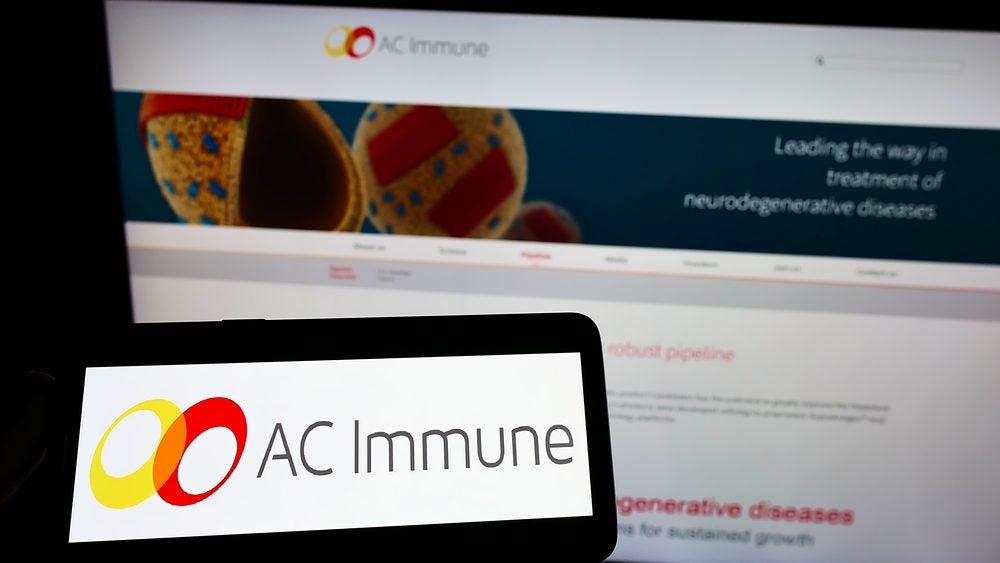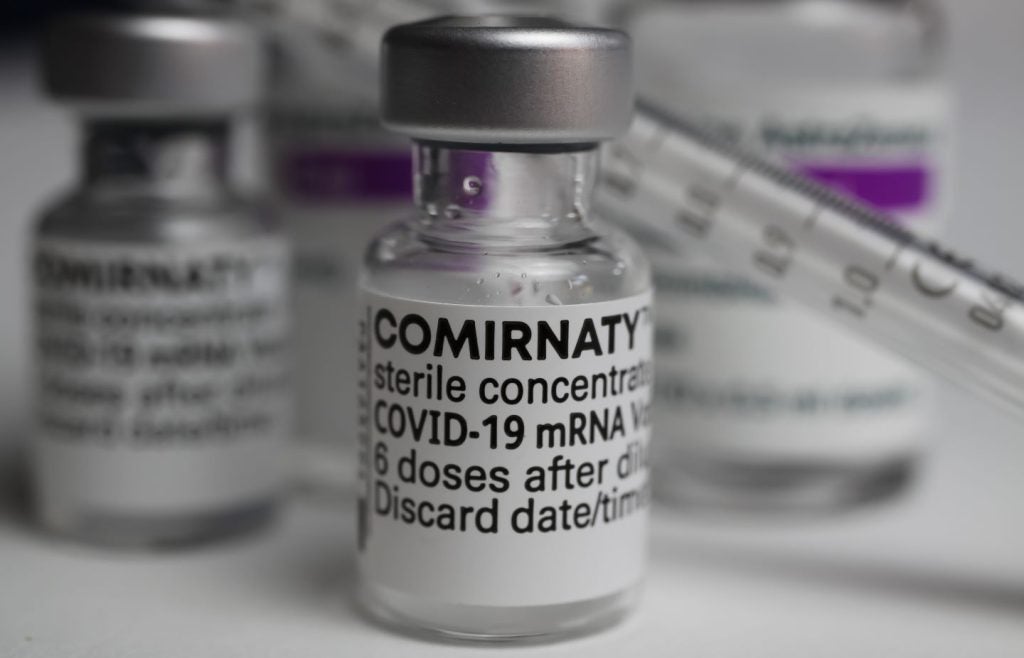Mipasetamab uzoptirine is under clinical development by ADC Therapeutics and currently in Phase I for Malignant Fibrous Histiocytoma. According to GlobalData, Phase I drugs for Malignant Fibrous Histiocytoma have a 95% phase transition success rate (PTSR) indication benchmark for progressing into Phase II. GlobalData’s report assesses how Mipasetamab uzoptirine’s drug-specific PTSR and Likelihood of Approval (LoA) scores compare to the indication benchmarks. Buy the report here.
GlobalData tracks drug-specific phase transition and likelihood of approval scores, in addition to indication benchmarks based off 18 years of historical drug development data. Attributes of the drug, company and its clinical trials play a fundamental role in drug-specific PTSR and likelihood of approval.
Mipasetamab uzoptirine overview
ADCT-601(BGB-601) is under development for the treatment of solid tumor, malignant fibrous histiocytoma. The drug candidate is an antibody drug conjugate conjugated using glycoconnect technology comprises of monoclonal antibody with a pyrrolobenzodiazepines (PBD) based warheads. The therapeutic candidate is administered through intravenous route. It is developed based on pyrrolobenzodiazepine (PBD) warhead technology. This technology develops antibody drug conjugated by linking pyrrolobenzodiazepine (PBD) dimers with tumor specific antibody. It acts by targeting tyrosine protein kinase receptor UFO.
It is also under development for relapsed and refractory triple-negative breast cancer, colorectal cancer, esophageal cancer, gastric cancer, head and neck squamous cell carcinoma, nasopharyngeal cancer, mesothelioma, non-small cell lung cancer, ovarian cancer, soft tissue sarcomas, leiomyosarcoma, liposarcoma, undifferentiated pleomorphic sarcoma, synovial sarcoma, bone sarcoma: Ewing's sarcoma, osteosarcoma, chondrosarcoma, fallopian tube cancer, primary peritoneal cancer, bladder cancer, cervical cancer, endometrial cancer and pancreatic cancer.
It was also under development for the treatment of renal cell carcinoma.
ADC Therapeutics overview
ADC Therapeutics is a commercial-stage biotechnology company that develops antibody-drug conjugates (ADCs) to treat hematologic malignancies and solid tumors. It develops drugs by using PBD dimer technology. The company’s pipeline products include loncastuximab tesirine-lpyl, an ADC composed of a humanized monoclonal antibody that binds to human CD19 and treats B-cell lymphoma; ADCT-602 is a monoclonal antibody that binds to CD22 targets acute lymphoblastic leukemia; ADCT-601 (mipasetamab uzoptirine) is a humanized monoclonal antibody that binds to human AXL treats various solid tumors; and Claudin-6, NaPi2b and PSMA. The company operates through its subsidiaries in the US, the UK and the Netherlands. ADC Therapeutics is headquartered in Lausanne, Switzerland.
For a complete picture of Mipasetamab uzoptirine’s drug-specific PTSR and LoA scores, buy the report here.
Data Insights
From

The gold standard of business intelligence.
Blending expert knowledge with cutting-edge technology, GlobalData’s unrivalled proprietary data will enable you to decode what’s happening in your market. You can make better informed decisions and gain a future-proof advantage over your competitors.







